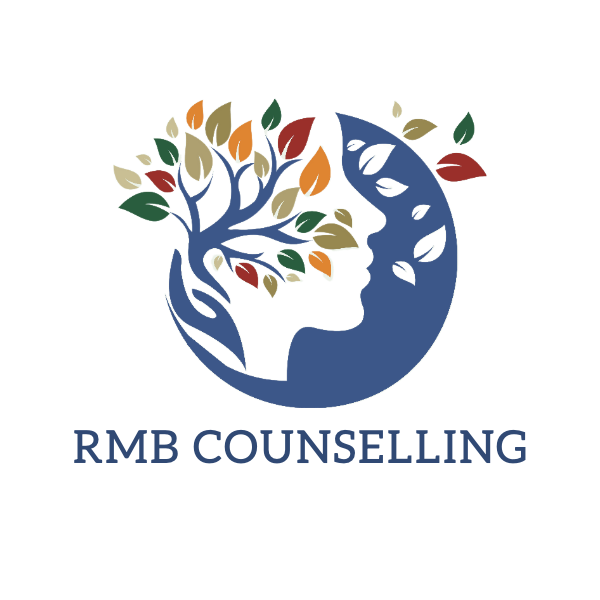
Talking Therapy
Talking therapy is a generic term to describe counselling and psychotherapy where a trained counsellor or therapist listens to you in a non-judgemental way to help you find your own answers to problems.
When the therapist provides full attention and attunes to your experience, it can create the sense of being heard and understood. This process of attunement is an important aspect in child development and when it takes place in the therapeutic setting it can repair longstanding wounds, resolve unmet needs and bring to light unexpressed feelings.
One of the most powerful aspects of talking therapies is the relationship between the client and practitioner. The relationship is unlike another, as it provides a framework to explore one’s inner experience and feelings in a structured process, which may not be possible when speaking with family or friends. One can speak freely without concerns that you may be taking up space, or fears of overburdening the listener. When one can express themselves in this way it can release negative thoughts and feelings that may have been taking up space and energy internally and provide a sense of relief.


